A Gas Dynamical Formulation for Waves and Combustion in Pulse-Jets
In pulse-jets of the type used to propel the German Buzz Bomb, turbulence appears to have considerable influence on combustion and on effective flame speeds and therefore on the oscillation and flow of the gas through the motor. The following report assumes that these effects can be accounted for mathematically by use of parameters (to be determined by controlled fundamental experiments) in general one-dimensionalized thermodynamical gas equations. Idealized numerical cases are considered. It is intended that these equations be used to investigate Optimum internal conditions which, it is hoped, will lead to specific recommendations for the design of more effective pulse jets, as well as to a fundamental understanding of auto matic reignition and other characteristic phenomena. Previous attempts at a theory of intermittent jet motors have ignored flame or wave propagation as well as turbulence effects.
{{comment.content}}
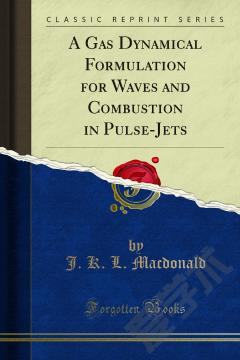
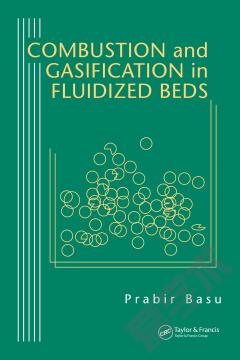
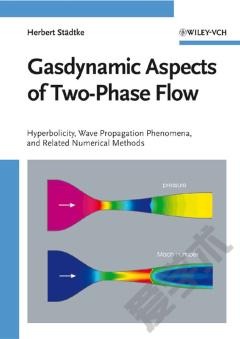
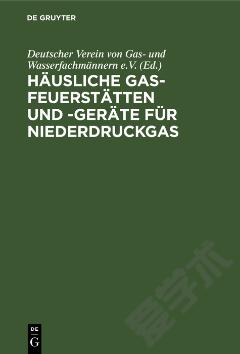
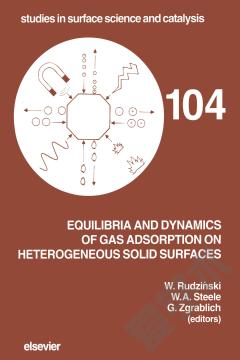
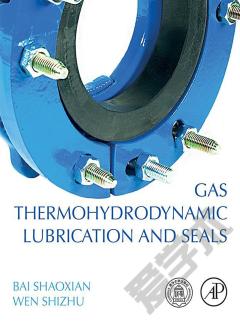
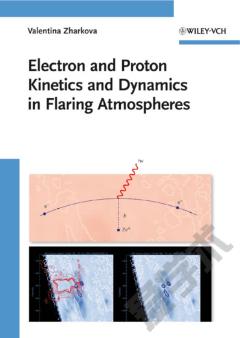

 京公网安备 11010802027623号
京公网安备 11010802027623号